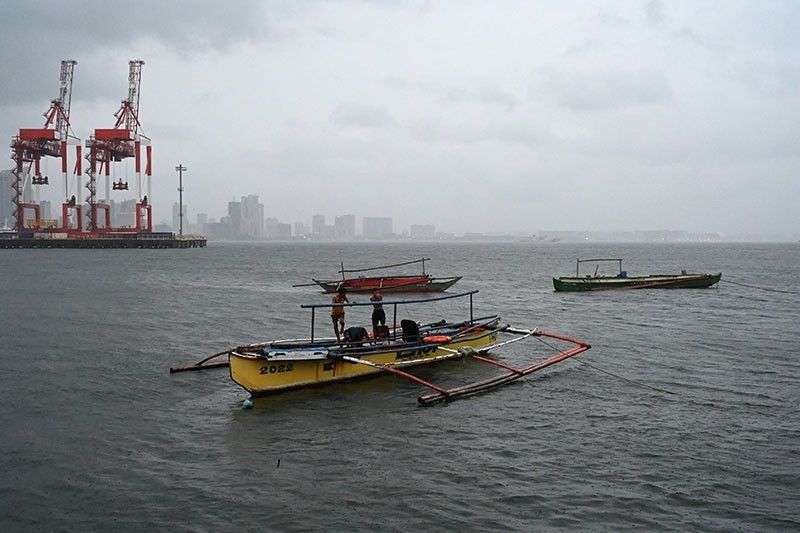Prioritizing artisanal fishers' conditions crucial to sustainable Philippine fisheries — report

MANILA, Philippines — Access to decent working and living conditions is needed for the country’s small-scale fishers to flourish and be productive, according to a report that highlighted the role of artisanal fisherfolk.
More than 80% of the Philippines’ two million fisherfolk are artisanal. Artisanal fisheries refer to traditional fisheries involving fishing households, and using relatively small amounts of capital and energy and small fishing vessels.
Small-scale fishers and fish workers are among the country’s poorest and most socially vulnerable sectors. Fishers also bear the brunt of the cyclones that hit the Philippines, which wipe out their gear, homes and livelihood.
A report released last month said that access to decent working and living conditions allows fishers to secure livelihoods that provide for their family and community while maintaining their social, physical and cultural well-being.
“A well-managed fishery sector isn’t just about securing a sustainable supply of fish — it must also include the security of the people working in it,” the report, released by the Bureau of Fisheries and Aquatic Resources (BFAR), Food and Agriculture Organization of the United Nations (UNFAO), and Rare Philippines, read.
“Prioritizing artisanal fisherfolk and their social conditions, in accordance with human rights, is crucial to sustainable and long-term progress,” it added.
The report stressed the need for a central registry of the country’s municipal fishers, which can help the government “address the societal conditions of fisherfolk and assist them to improve their means of livelihood.”
It added that a strong cooperative is needed to maximize the full potential of Philippine fisheries, as “cooperatives result in economic growth for their members as they sustain shared prosperity, greater income, and purchasing power.”
Immense contribution
The contributions of small-scale fishers to the food security and nutrition of Filipinos, and the efforts to protect the country’s natural resources are massive, but often go underappreciated.
According to the BFAR, the municipal and aquaculture subsectors contributed 73% to the total production of the country’s fisheries sector from 2011 to 2020.
The report emphasized the role of municipal fishers in ensuring the responsible management and sustainable use of aquatic resources and their supporting ecosystems such as coral reefs, mangroves and seagrass meadows.
“It is important to highlight the role of artisanal fishers especially in protecting resources and in food security. We are the primary frontliners in conserving our resources. The sea is our life, and our source of food and livelihood, and we are also the most affected in times of calamities or disasters,” said Roberto “Ka Dodoy” Ballon, a fisherfolk leader and 2021 Ramon Magsaysay awardee.
The report cited the Bantay Dagat program, which engages fishers to support the detection of illegal fishing in coastal waters. It called the coastal law enforcement approach “highly effective.”
The United Nations General Assembly declared 2022 the “International Year of Artisanal Fisheries and Aquaculture” to give important recognition to millions of small-scale fishers and fish workers across the globe.
- Latest

























